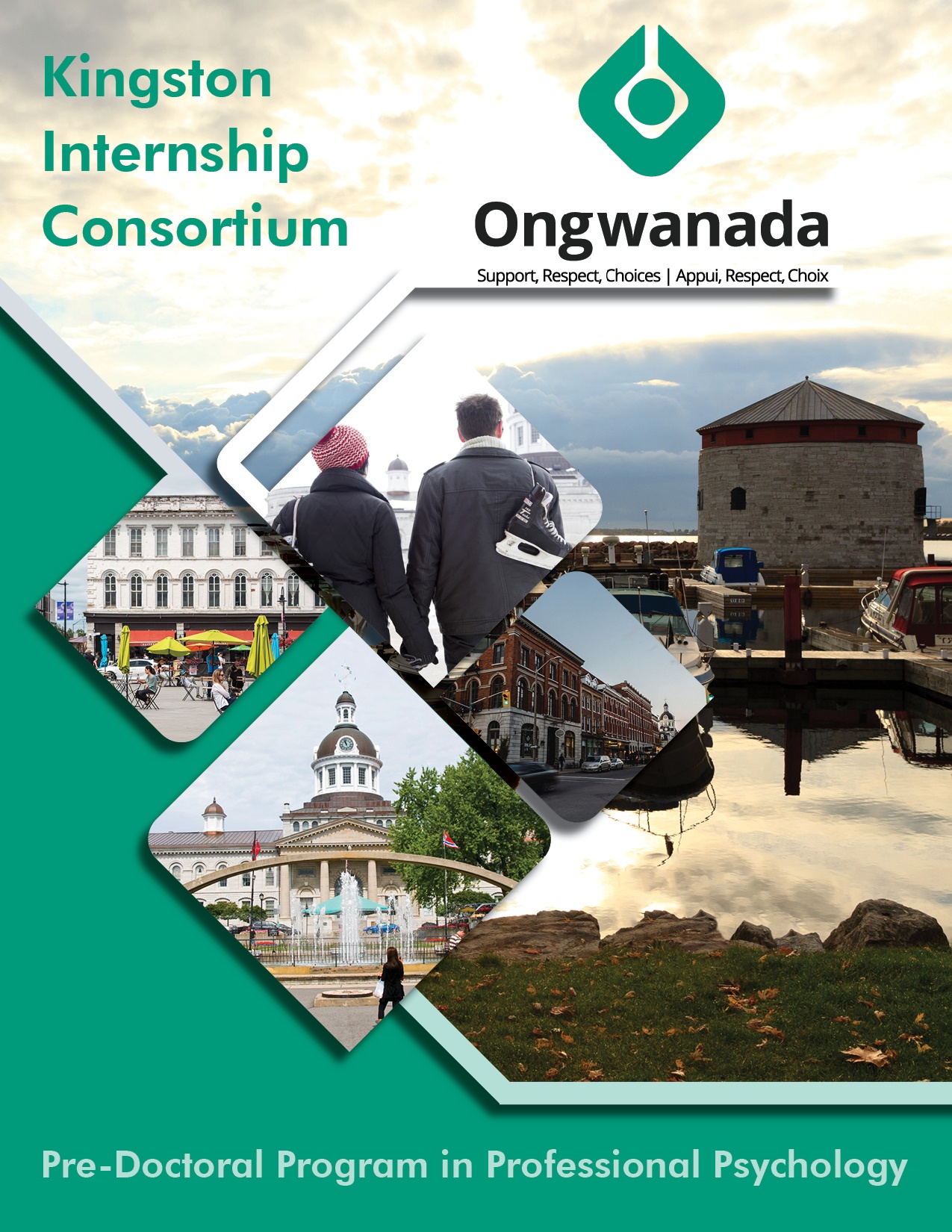Kingston Residency Consortium

Kingston Residency Consortium

Kingston Residency Consortium

KRC
Kingston Residency Consortium
Ongwanada is the lead agency for the Kingston Residency Consortium (KRC). The KRC is designed to prepare a psychology resident to practice as a clinical psychologist. This Canadian Psychological Association-accredited program provides a breadth of training experiences with a diverse population. The residents work with individuals with physical, emotional, cognitive, social, and/or occupational impairments. These impairments may have occurred as a result of developmental, illness, trauma, or injury processes.
Recognizing that disabilities present different challenges to individuals at various stages of their development, the program also exposes residents to a lifespan perspective. To accomplish these goals, the KRC unites the resources of 5 agencies in the Kingston community. Each provides a unique perspective on the role and skills required of psychologists to identify function and disability, promote maximum participation, and minimize limitations.
The five agencies are Ongwanada, Queen’s University, Providence Care Hospital, Limestone District School Board and KidsInclusive. The KRC is endorsed and supported by the administration within each agency.
On May 23 & 24 2024, KRC had a re-accreditation site visit, and received a 5 year accreditation term through 2028/2029.
Thank you for your interest in the Kingston Residency Consortium. We are currently undergoing a restructuring process, and as a result, we will not be accepting Residency applications for the 2026-2027 cycle.

Kingston Residency Consortium
Mission Statement
The KRC’s training focus is to develop psychologists whose broad knowledge, skills, and values can be applied in clinical psychology and ensure they are competent to utilize the knowledge, skills, and values working within a wide range of clinical areas and populations.
In addition to applied training in the core competencies of psychological services practice (interpersonal relationships, assessment and evaluation, intervention and consultation, research, ethics and standards, supervision), our approach emphasizes the scientist-practitioner model to all aspects of psychological services.
Training opportunities occur while working with multifaceted, complex cases within populations with acquired and developmental disabilities, using the resources across four agencies. The collaboration among the various agencies (which are funded by different government ministries) provides exceptional opportunities for clinical and role diversity in hospital and community-based settings, involving multiple interprofessional teams, various supervision roles, and a variety of practice models.
A unique aspect of our training program is this rich diversity with a core emphasis on training across the lifespan in the breadth and depth of psychological practice.
Find Out how You Can Help
Support Us
There are many different ways to help the organization.
Have Questions?
Contact Us
Questions or concerns? We encourage you to reach out.

About Ongwanada

Volunteer

